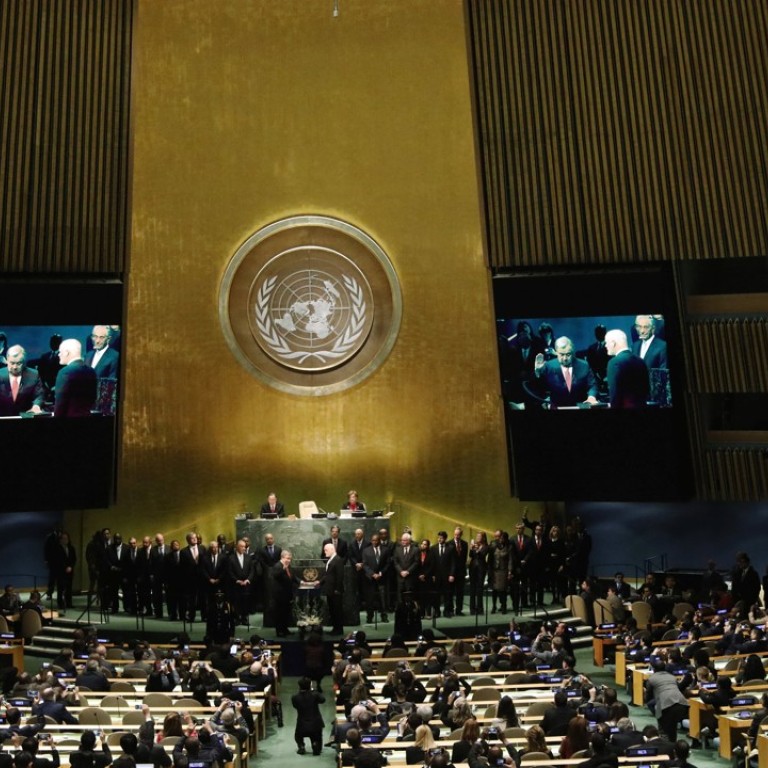
From North Korea to the Rohingya crisis to Trump’s debut speech: all you need to know about the UN General Assembly
The annual gathering of world leaders has brought with it some memorable moments, and this year is set to be no different
The UN will hold the 72nd session of its General Assembly from Monday amid a tense geopolitical landscape riddled by a multitude of crises – from North Korea’s nuclear threat to the plight of the Rohingya in Myanmar, Islamic terrorism and global warming.
With such a jam-packed agenda of issues to wrap your head around, here’s a rundown of the much anticipated meeting, and a look back at some of the most memorable moments from past events.
What: Made up of 193 member states, the General Assembly is the top policymaking and representative organ of the UN. Leaders from member states gather each year to debate international issues while hundreds of informal consultations and one-on-one meetings are held on the sidelines of the main debate.
When: September 19 to 25, 2017.
Where: UN Headquarters, New York
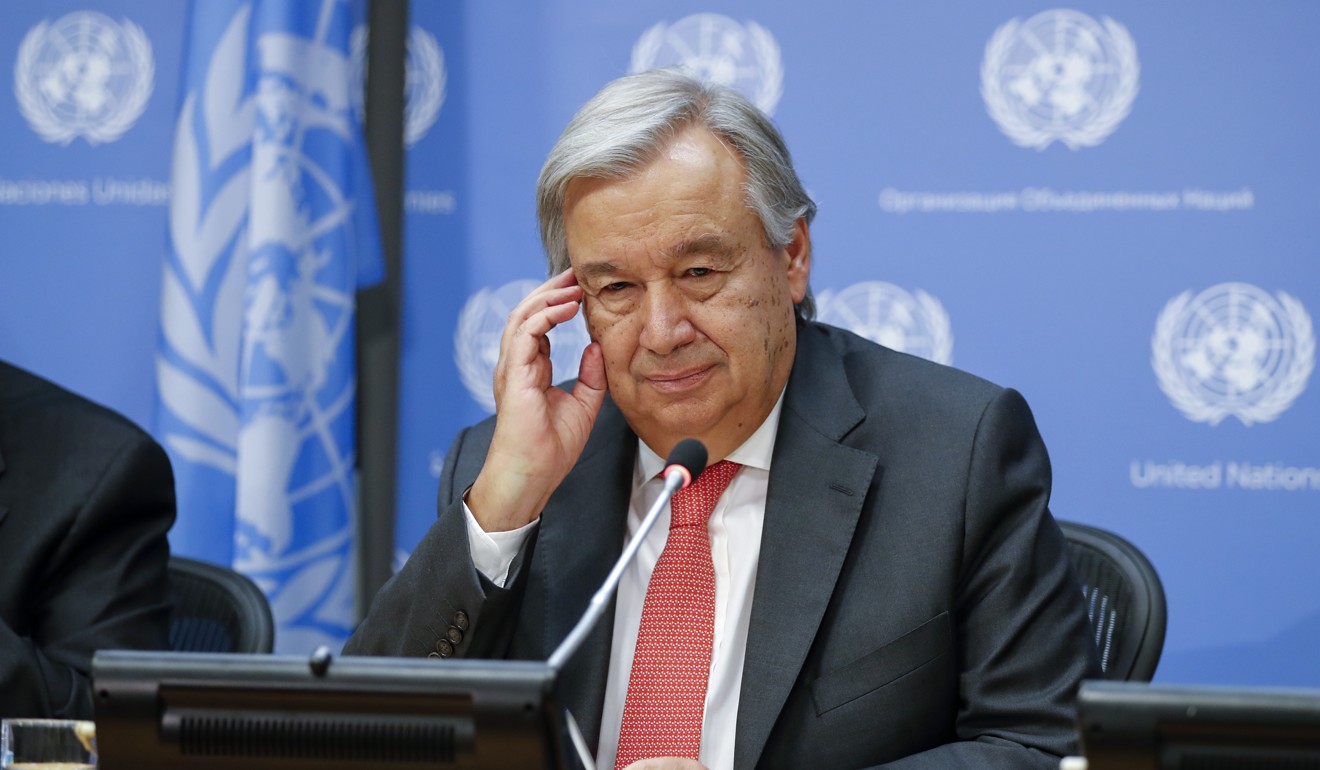
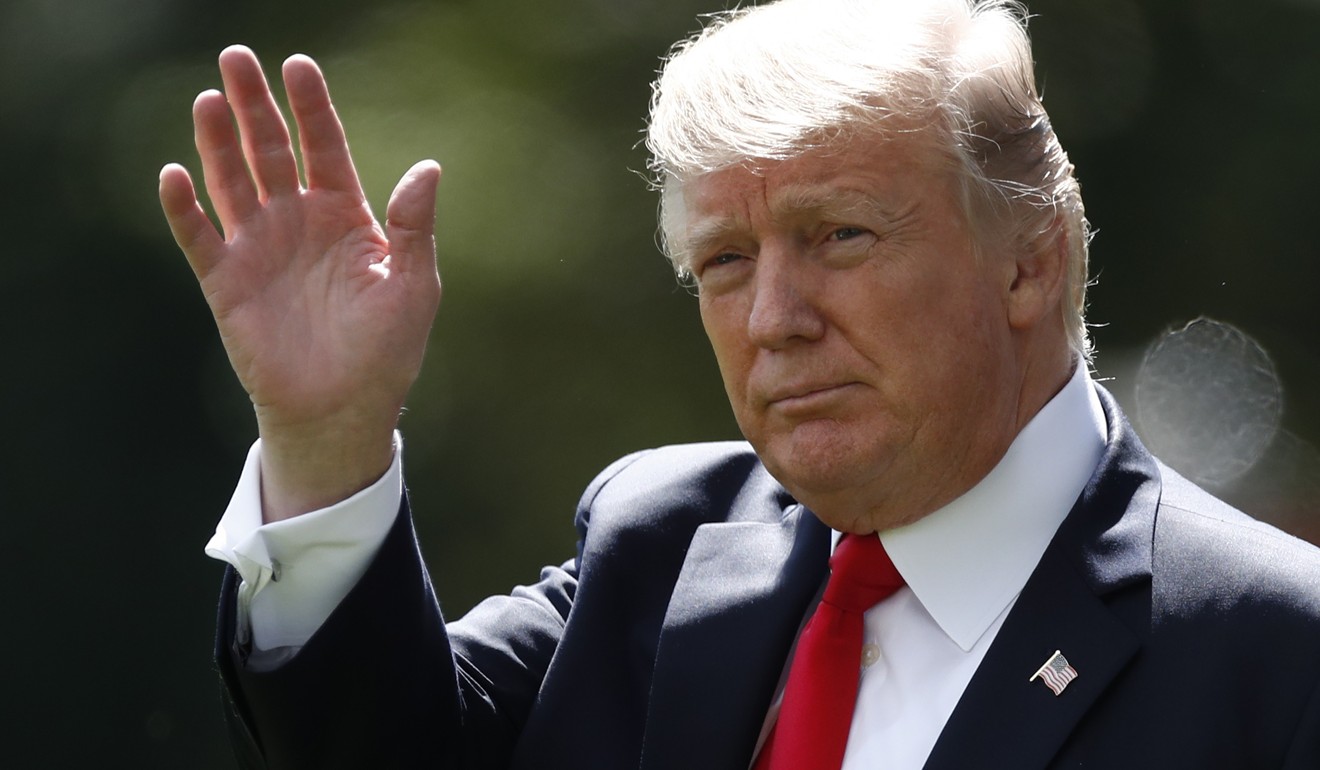
Who will be missing: China’s President Xi Jinping is not expected to attend the meeting after already addressing the UN in Geneva in January this year. Russian President Vladimir Putin opted out of the meeting, and Myanmar leader Aung San Suu Kyi cancelled her appearance earlier this month amid global criticism over the treatment of Rohingya Muslims in her country.
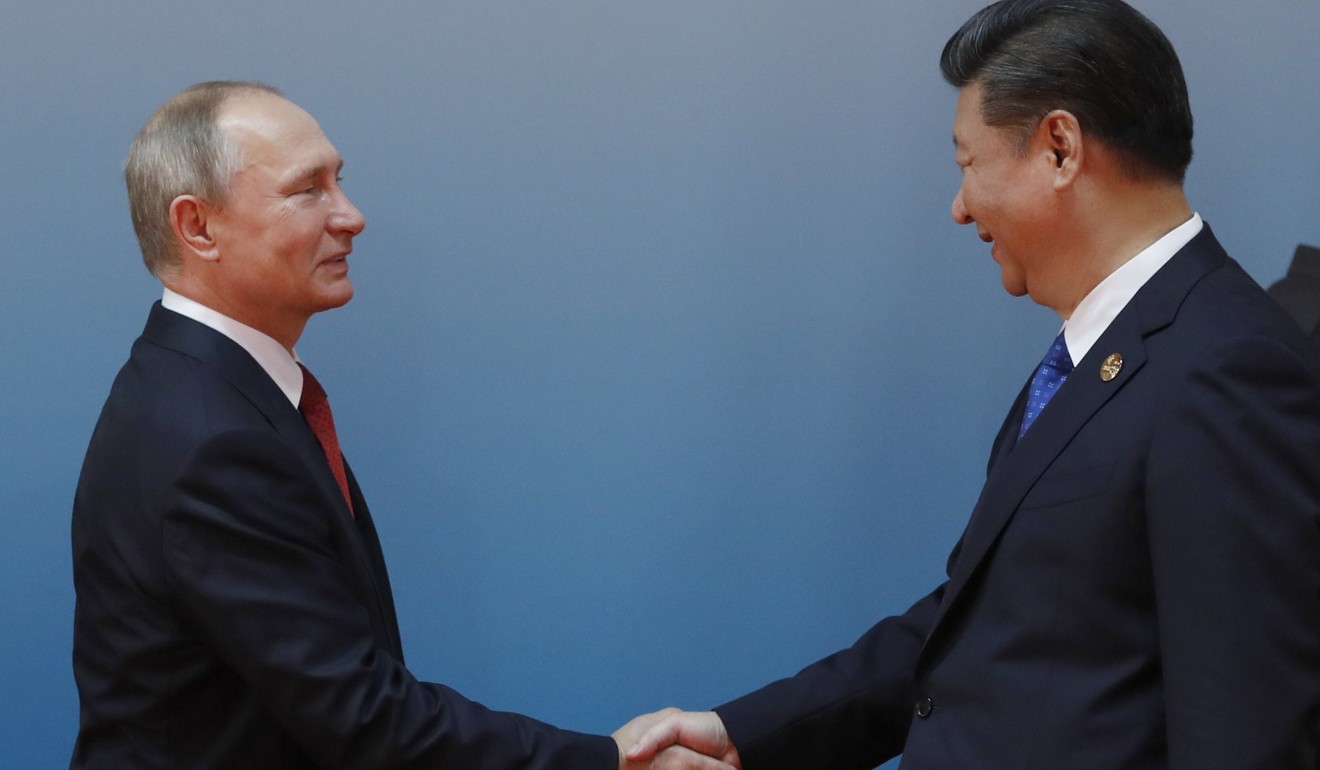
Hot topics: North Korea’s ongoing nuclear programme, the threat to East Asia and the United States and retaliatory UN sanctions will be at the forefront of debate. UN Secretary-General Antonio Guterres has called it “the most dangerous crisis that we face today”.
Also at the top of the agenda is the killing and mass flight of 400,000 Rohingya Muslims from Myanmar; Trump’s push to scrap a 2015 Iran nuclear deal; the breakdown of ties between Qatar and Arab states and the fight against Islamic terrorism and human-trafficking.
Leaders will also focus on climate change. Noting recent unprecedented weather events from the US to Sierra Leone to India and Bangladesh, Guterres said the number of natural disasters had nearly quadrupled.
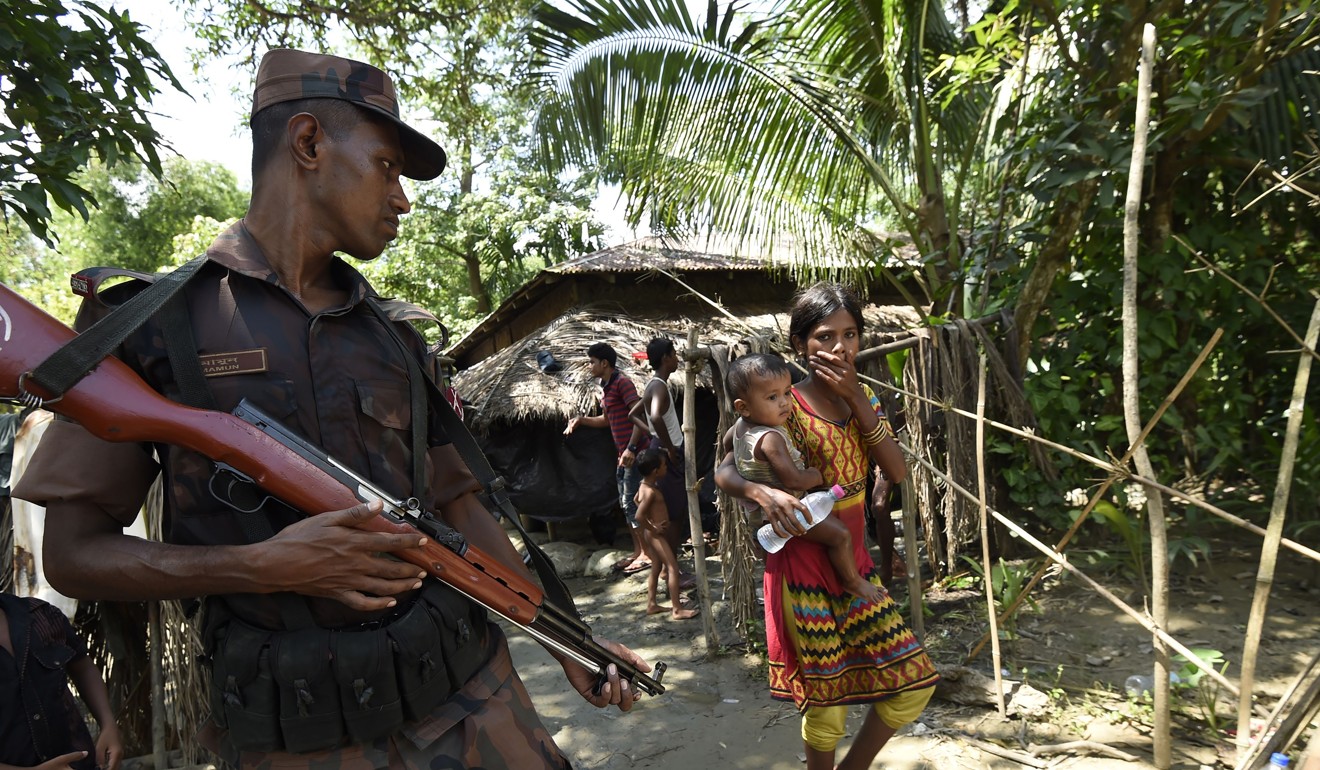
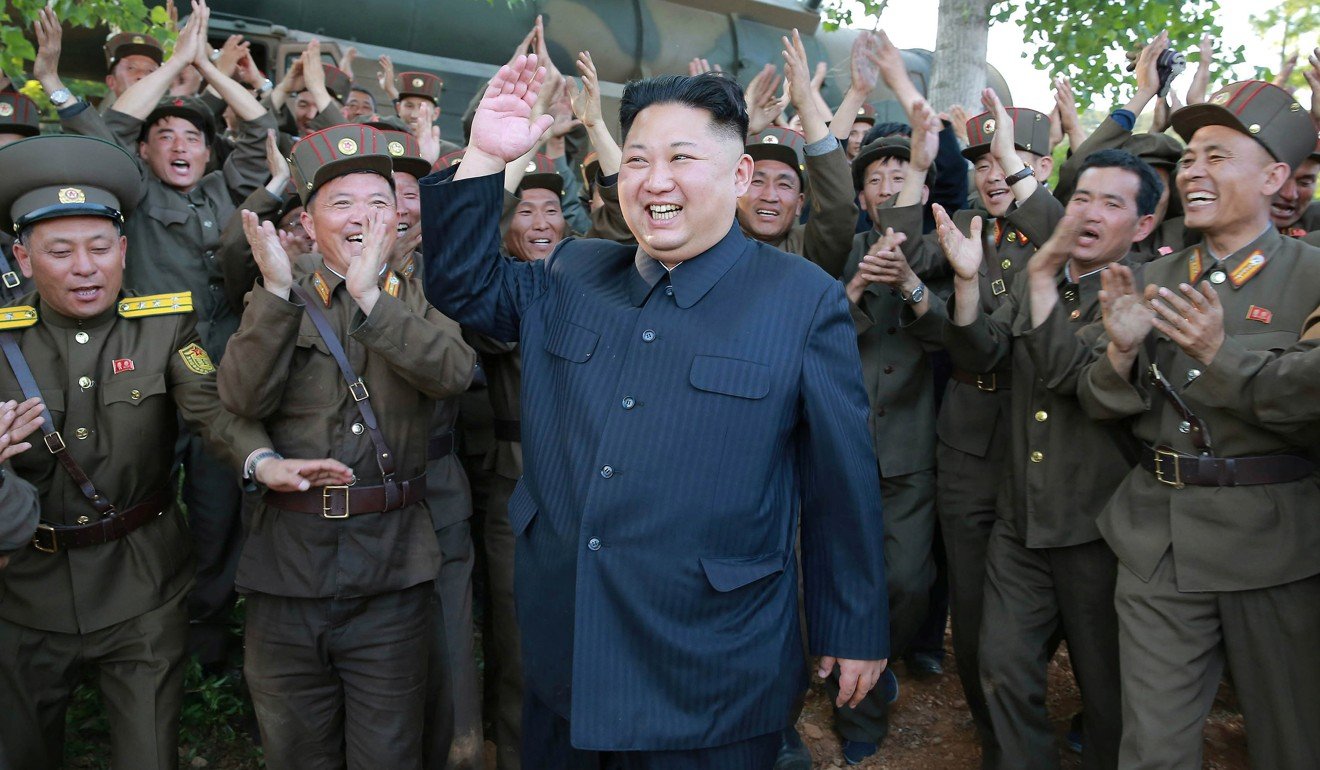
Key speeches:
US President Donald Trump
French President Emmanuel Macron
UN Secretary-General Antonio Guterres
British Prime Minister Theresa May
Bangladeshi Prime Minister Sheikh Hasina Wajed
Order of proceedings: the President of the General Assembly calls the meeting to order, the Secretary-General speaks, then the debate is opened. Brazil always speaks first, the United States as the host country speaks second.
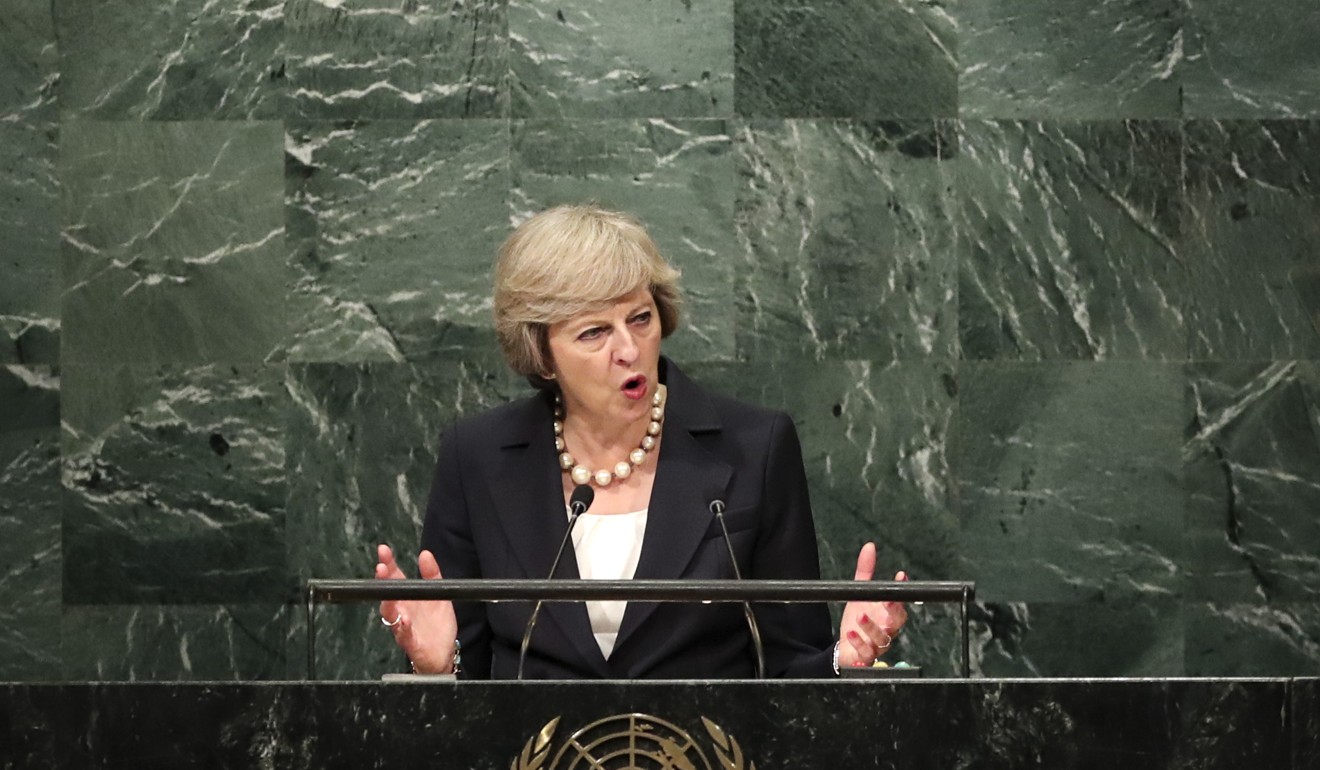
Critical side meetings:
Donald Trump will meet French President Emmanuel Macron and Israeli Prime Minister Benjamin Netanyahu on Monday. He will then have dinner with South American leaders – a particularly crucial meeting after the US threatened military intervention in Venezuela following a clampdown on democracy by President Nicolas Maduro, who is not attending.
On Tuesday Trump will meet the Emir of Qatar, whose kingdom is embroiled in a dispute with other Middle Eastern nations over alleged funding of terror groups. And on Wednesday he will have lunch with African leaders and meet the heads of Jordan, Egypt and the Palestinian Authority.
British Foreign Secretary Boris Johnson will host a meeting on the Rohingya crisis on Monday, while the Organisation of Islamic Cooperation’s contact group on the Rohingya will meet on Tuesday.
Another session is planned for Monday on the devastation caused by Hurricane Irma.
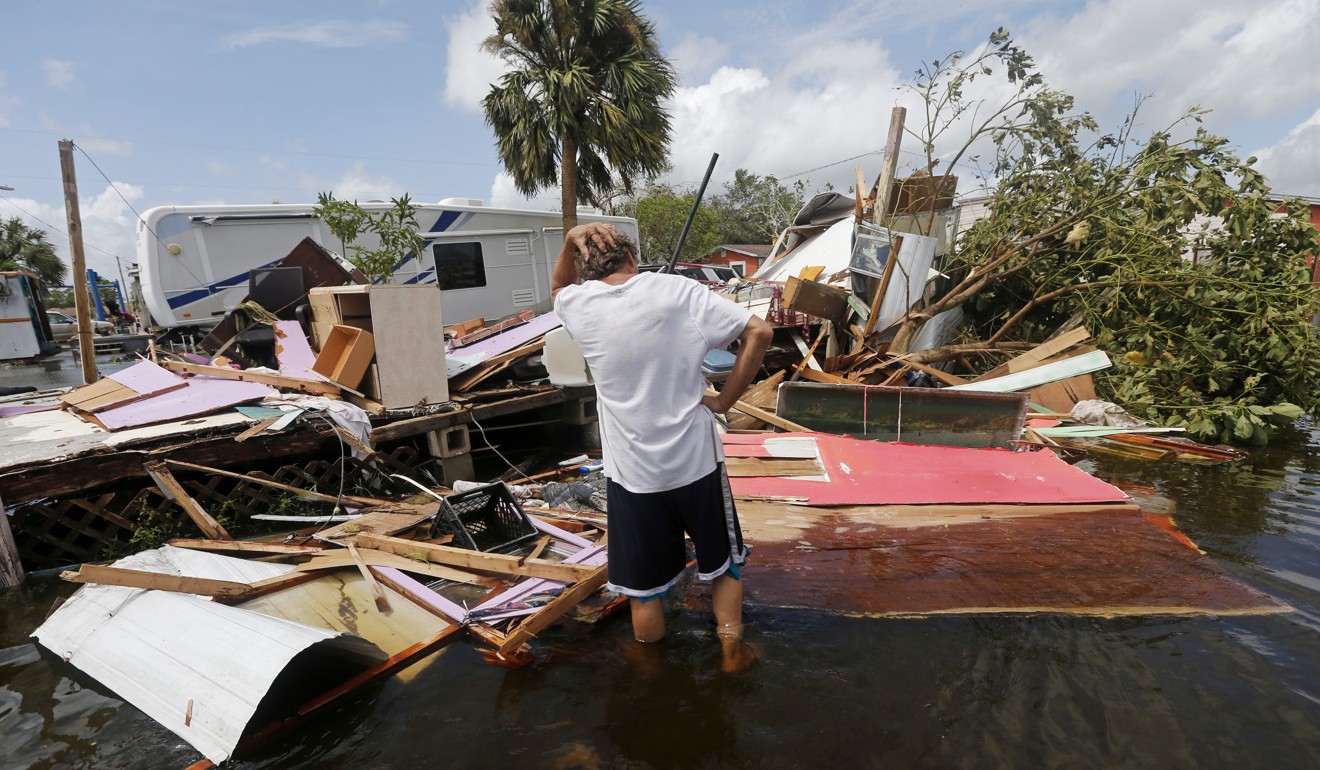
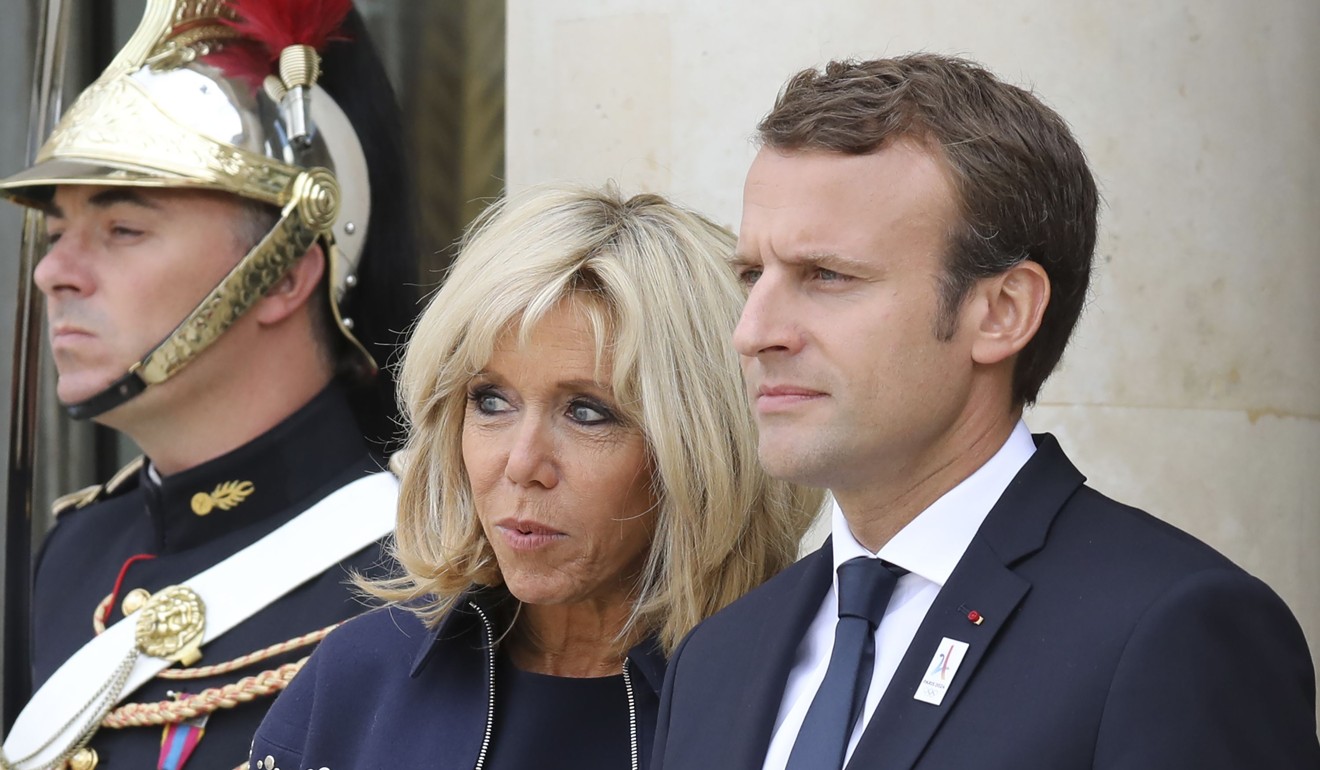
French President Macron will hold a meeting on Monday with leaders of five African nations – Mali, Mauritania, Niger, Burkina Faso and Chad – which are forming a military force to fight the threat of extremists in the Sahel region.
The French leader will also host a meeting on Tuesday to encourage implementation of the 2015 Paris Climate Agreement.
On Wednesday senior representatives of major social media companies, plus delegates from Britain, France and Italy will attend a session aimed at “Preventing Terrorist Use of the Internet”.
The Security Council will hold a high-level meeting on UN peacekeeping operations, which cost nearly US$8 billion a year.
The annual bill has been one of President Trump’s major criticisms of the UN, with the host nation paying more than 28 per cent of the peacekeeping budget. As such, the US is reviewing all missions in an effort to cut costs and improve effectiveness.
Top moments from the General Assembly
Declaration of Human Rights
At one of its earliest meetings, the General Assembly ensured that the atrocities seen in the second world war would never be repeated. On December 10, 1948, the assembly passed the Universal Declaration of Human Rights, which seeks to safeguard the rights of all individuals all over the world.
Fidel Castro’s marathon address
For four hours and 29 minutes on September 26, 1960, Cuban leader Fidel Castro denounced the US in the longest speech ever at the UN General Assembly. In his military fatigues, Castro said the revolution he led had ended the country’s status as “a colony of the United States”. He stood by Cuba’s relationship with the Soviet Union, said he feared that America would attack Cuba, and called then US president John F Kennedy “an illiterate and ignorant millionaire”.
An ‘olive branch and a freedom fighter’s gun’
Yasser Arafat, the Palestine Liberation Organisation leader, was the first representative of a non-member state to address General Assembly on November 13, 1974. He called on the UN allow Palestinians “to establish national independent sovereignty” over their own land. Arafat said: “Today I have come bearing an olive branch and a freedom fighter’s gun. Do not let the olive branch fall from my hand. I repeat: Do not let the olive branch fall from my hand.” The UN granted the PLO observer status and recognised its right to self-determination.
Nuclear weapons treaty, World Food Programme and Unicef
Adopted in June, 1946, the landmark treaty on peaceful use of atomic energy and the elimination of weapons of mass destructions was the UN’s first resolution. Despite its intentions, the treaty did not stop nuclear weapons development. Proposed by US President Dwight Eisenhower, the UN in 1961 approved the formation of the World Food Programme, first providing supplies to the victims of an earthquake in Iran, a hurricane in Thailand, and refugees in Algeria. Today, the programme helps an estimated 90 million people every year. Though the United Nations Children’s Fund (Unicef) was established in 1946, the programme – which provides food, clothing and health care to children – became a permanent part of the UN in 1953. Six years later, the General Assembly adopted the Declaration of the Rights of the Child.
Gaddafi ends long speech with a ripped UN charter
On September 23, 2009, deposed Libyan revolutionary leader Muammar Gaddafi gave a rambling speech that went for one hour and 36 minutes. He attacked the UN for failing to prevent a number of wars, defended the Taliban’s right to establish an Islamic emirate and demanded
those nations who caused “mass murder” in war-torn Iraq be tried.
Ban Ki-moon’s final address
In his final address to as UN Secretary General, Ban Ki-moon openly discussed with General Assembly the UN’s failures during his two five-year terms. He spoke of UN peacekeepers in Haiti who dumped sewage in the locals’ drinking water, causing a cholera outbreak that killed thousands. And of troops in the Central African Republic who raped and exploited vulnerable civilians.
Aung San Suu Kyi then and now
Before she became leader of Myanmar in 2015, Aung San Suu Kyi was hailed by the international community – even receiving a Nobel Peace Prize – as a symbol of democracy in the previously military-ruled Burma. She spent 15 years under house arrest for urging democracy. Last year, the state counsellor of Myanmar delivered her first speech to the UN. She said after rising out of war, her country would rebuild their faith in the human capacity for achieving peace with equality. On the Rohingya Muslims in Rakhine state, she said Myanmar did not fear international criticism. Rights groups now slam the once-revered leader for not taking action on the Rohingya crisis.
Additional reporting by Associated Press

